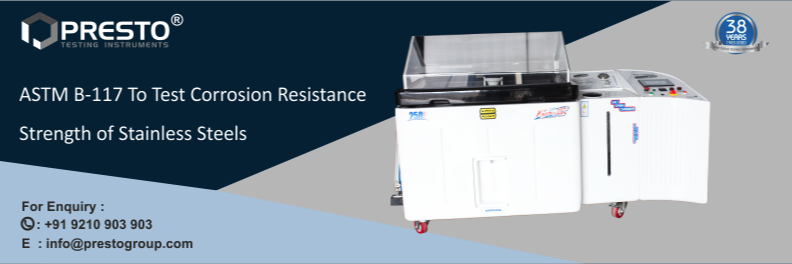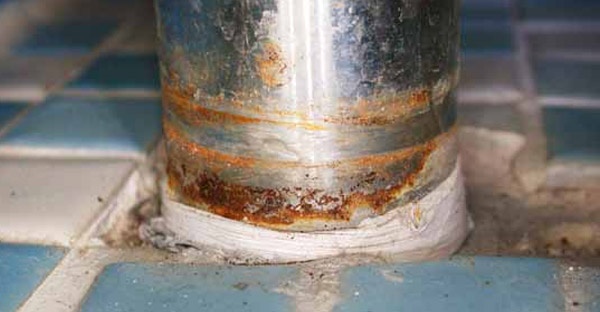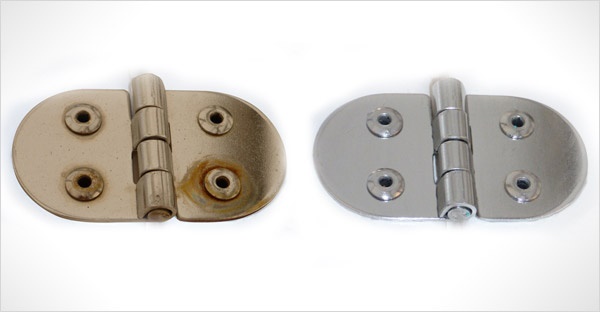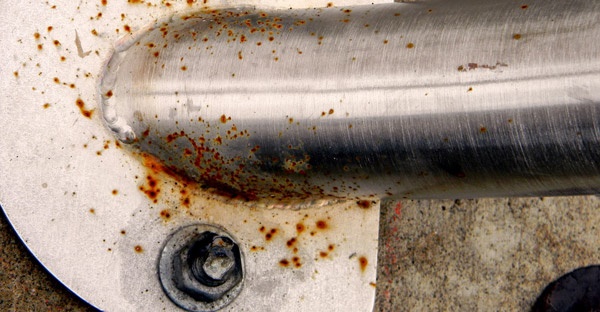

Corrosion is a destructive thing that directly attacks the surface of the material due to the chemical reaction between different environment and surface of the material. The corrosion badly affects the surface properties and causes the negative performance of the metal. To prevent the metals and steels from the wear and tear and from the effect of corrosion, corrosion resistance coating is applied to the coatings. Actually, corrosion is an electrochemical procedure where metals react with the environment to generate oxide or another compound.
Why the need for corrosion resistance coating arises?
During the manufacturing of the steels and metals, harmful solvents and chemicals are used that complicates the entire procedure of corrosion. The corrosion issues from the metals, steel and other ferrous alloys can be solved with the help of high-quality coating option. The plasma coating comprises of two different options where corrosion resistance thermally sprayed on the substrates, and a combination of two technologies is used. For the life of the equipment, the suppliers and manufacturers should use the right type of material.

The application of corrosion resistance coating protects the metal goods from oxidation, moisture, salt spray and from different environmental conditions and chemical reactions. The anti-corrosion coatings allow complete protection to metal surfaces and constrain the contact between the chemical compounds and corrosive materials. The salt spray testing procedure is performed to test the resistance strength of paints and coatings to corrosion.
On which material corrosion test can be performed?
Corrosion testing on different types of steel such as SS-316H, SS-316N2, SS-316N1, and SS-434H can be conducted using the highly standardized ASTM standard test method ASTM B117. As per the test procedure, the test sample is subjected to 5% NaCl solution for a specific period of time. This procedure offers a highly corrosive testing environment to the sample to test the properties of the sample and its corrosion resistance strength.

How can Corrosion Test be performed?
The effect on the substrate in a natural working environment can be easily detected using Salt Spray Test as it provides stand-alone data. The test machine for salt spray exposure requires fog, salty environment, etc. requires salt solution reservoir, fog creating chamber, atomizing nozzle, appropriate provision to heat the chamber, and other necessary means to control the chamber appropriately. Apart from these circumstances, a drop of solution that falls from the sample does not move back to the reservoir for re-spraying. The salt spray test chamber helps to test 10 test samples under the processes conditions. The sample which is placed as a support for testing, the sign of rust appears on the sample after a period of time which shows the actual working life of the sample.
Applications of Salt Spray Chambers
Salt Spray Chamber is an environmental test chamber which is designed to expose an object to a corrosive environment. It offers the best medium to check the corrosion resistance of coated metals from brass, steel and other metals. In the salt spray chamber, the metal or steel objects are hanged upon the rod, and the salt-laden environment is created inside the chamber using the salt spray nozzle. This can lead to an accelerated rate of corrosion in objects whose coating is compromised or ineffectual. The testing time of the machine is set as per the specifications of the sample according to the durability of the sample. The test duration of salt spray test can be set from few minutes to a number of days which actually implies the life of the product in months or years.

Salt Spray Chambers are used in automotive, aerospace and industrial applications. The types of coatings that are often tested using salt spray chambers includes zinc and zinc alloy plating, phosphate surfaces, copper, electroplating with chromium, organic coatings, tin and certainly painted coatings.
Basic Objection of Using Salt Spray Chamber
Testing the resistance to corrosion of metals, alloys, steels, etc. is a major perspective to ensure the quality of the products. These components are designed using a different grade of iron and alloys of different degrees as per the composition. These components require a protective coating of paint in order to enhance the resistance of the material to corrosion and hence, enhance their life.
Salt Spray Chamber is a high-quality and widely used testing device which is fabricated from stainless steel material along with acrylic fitting. A fine quality of the salt solution is produced by atomizing the salt solution which is kept in the reservoir tank of the chamber with the help of spray nozzle/atomizer. The salt spray is prevented from impacting directly on the painted substrates.
Connect with us for your business enquiries. Generally, we respond within one or two working days.